detail profile karl heinz oppel
Peran Yang Di Mainkan Karl Heinz Oppel
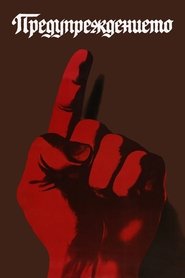 The action takes place in Moscow...
The action takes place in Moscow...Die Mahnung 1982
The action takes place in Moscow, Berlin and Vienna in years 1932 and 1933, a time when the great Bulgarian revolutionary and internationalist Georgi Dimitrov was actively involved in establishing a broad alliance of democratic forces against the emerging threat of war and fascism.
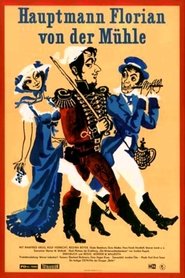 This story of the miller Florian...
This story of the miller Florian...Hauptmann Florian von der Mühle 1968
This story of the miller Florian, who gave all his money to the war against Napoleon, is loosely based on a true story. After the war, Florian's reimbursement is challenged, and he must also pay taxes on his destroyed mill. He resists the tax collectors and takes off to Vienna, where he intends to defend his rights. On the way, he rescues the Duchess of Guastalla from assault. She also wants to go to Vienna, as His Majesty Franz II is trying to contest an heir in her favor. With cunning, luck, and dagger, Florian fights his way through a slew of nobility and their secret police.
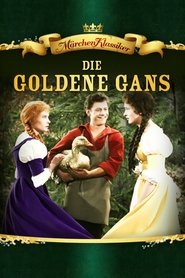 Klaus lives with his two brothers...
Klaus lives with his two brothers...The Golden Goose 1964
Klaus lives with his two brothers Kunz and Franz in a little village. Together, they ply their trade as cobblers in a small workshop. But the workload rests mainly on the shoulders of ill-treated Klaus. When Kunz and Franz go off into the forest to chop wood for fuel they run into an old woman who asks them for some wine and bread. Rudely and gruffly, they refuse her request and return home without any wood. Klaus then has to set out and he meets the old woman as well. He gladly offers her his frugal meal which is suddenly turned into pancakes and good wine. In addition, he receives a golden goose for his kindness. The bird possesses a an unusual characteristic: all those who are prying, nosy, envious and rapacious get stuck to it and become glued to one another.
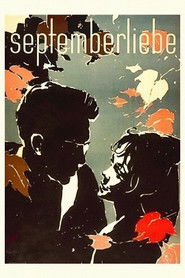 Leading chemist Hans Schramm is betrothed...
Leading chemist Hans Schramm is betrothed...September Love 1961
Leading chemist Hans Schramm is betrothed to Hanna, but falls in love with her younger sister Franka. The two attempt to repress their feelings, but eventually begin an affair. When Hans is extorted by a group of West German agents, who demand to know about his secret work, he is gripped by panic and decides the only way out is to flee to the West …
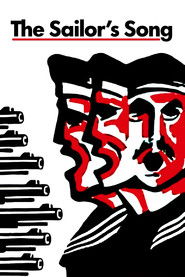 A film about the historical uprising...
A film about the historical uprising...The Sailor’s Song 1958
A film about the historical uprising of the seamen in Kiel: During the Russian October Revolution of 1917, German and Russian soldiers start to solidarize with each other. By disarming the officers, machinist Henne Lonke and stoker Jens Kasten prevent the attack on a Russian freighter. When German admiralty gives out orders for operation "Nibelungen", which would lead the German fleet into a suicidal attack against England and quell the revolutionary spirit, seamen and soldiers from different political backgrounds unite in protest.
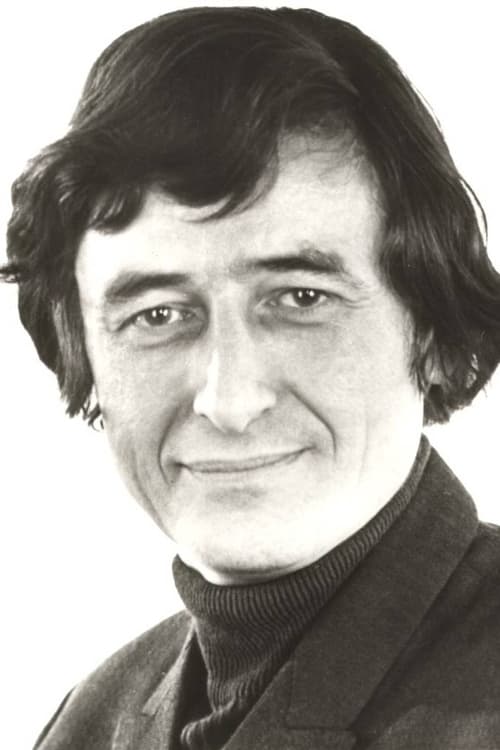
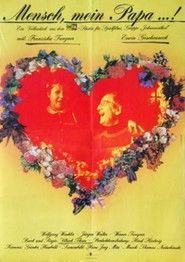 Film by Ulrich Thein
Film by Ulrich Thein
